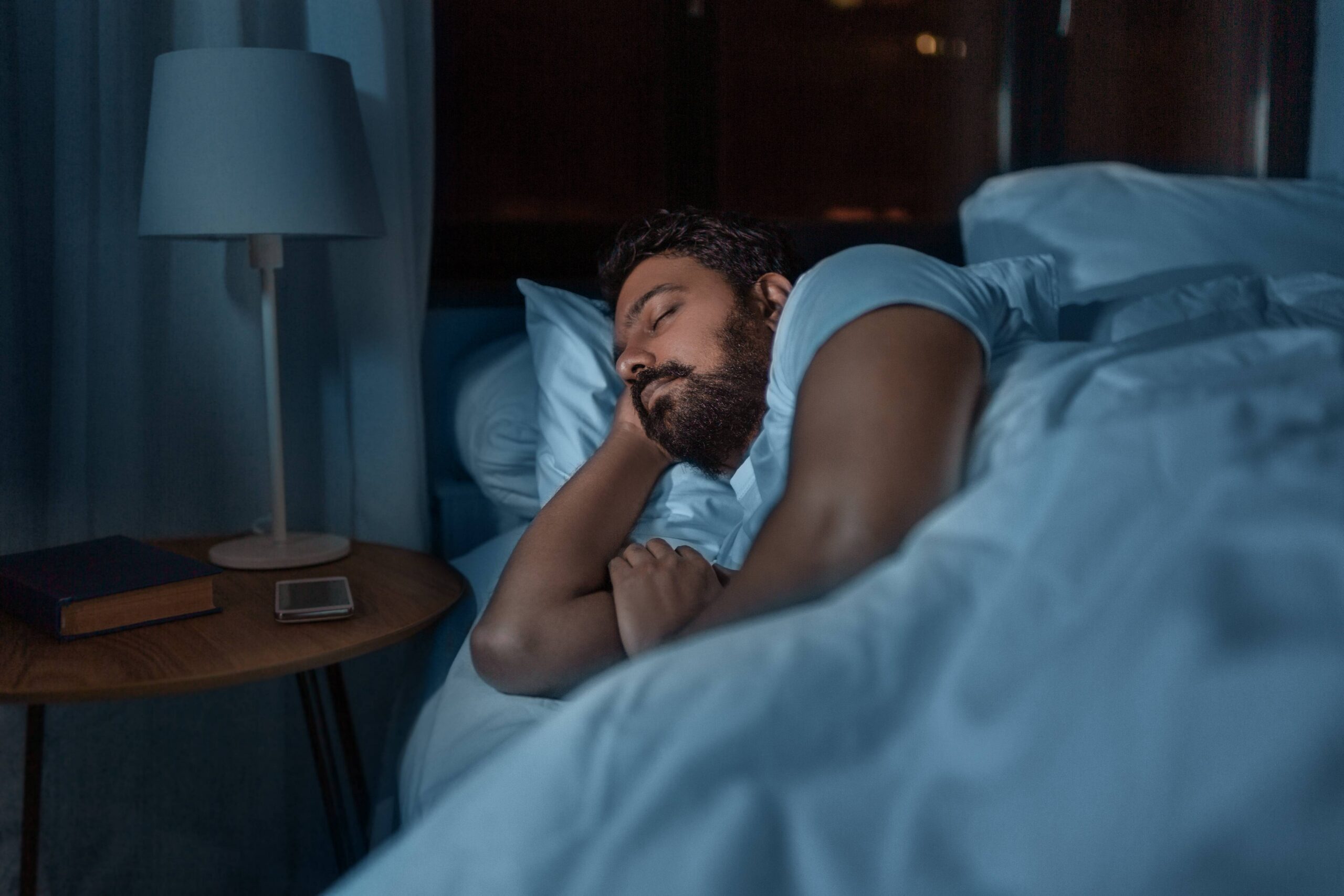When good sleep is hard to come by, your whole day feels off. The right sleep app won’t just track your rest—it’ll actually help you fall asleep faster, stay asleep longer, and wake up feeling like a functioning human again. Whether you’re battling racing thoughts, tech overstimulation, or an unpredictable schedule, the right tools can shift your nights—and your mornings.

Why Sleep Tech Isn’t Just a Trend Anymore
Sleep isn’t just about logging hours. It’s about quality, consistency, and how quickly your body reaches deep, restorative stages. But most people still rely on guesswork—like counting hours or avoiding caffeine after lunch—without addressing the actual roadblocks. That’s where sleep apps come in. The best ones use guided routines, ambient soundscapes, and smart tracking to gently train your body and mind into a healthier rhythm. And in 2025, they’re more personalized than ever.
How the Right Apps Make Sleep Easier, Not More Complicated
Not every app is just about knocking you out with white noise. The best sleep and relaxation apps use a layered approach that includes wind-down rituals, circadian rhythm support, and real-time feedback. That’s the difference between another thing to tap on your phone and an actual change in how you sleep.
Take Calm, for example. It started as a meditation app, but it’s evolved into a full-service sleep assistant with narrated sleep stories, deep breathing guidance, and even bedtime soundscapes by big-name artists. It works well if your brain doesn’t shut off easily, especially after a long screen-heavy day.
Then there’s Sleep Cycle, which tracks your breathing and movements through your phone’s mic or your smartwatch to learn how you sleep—and more importantly, when to wake you up. It doesn’t just jolt you awake at 6:30 AM; it finds a window when your sleep is naturally lighter, making mornings far less painful.
For people who love data, Pillow is another powerful option. It provides a breakdown of your REM, deep sleep, and wake time, plus audio recordings if you snore or talk in your sleep. It’s the kind of insight that’s helpful if you’ve been waking up groggy and have no idea why.
Headspace, known for its approachable guided meditations, also offers “sleepcasts”—short, narrated sound experiences that feel like a warm-up to sleep. They’re especially helpful for people who feel too wound up to just “shut off” after a busy day. And because the content changes nightly, it doesn’t become background noise you tune out over time.
Another rising favorite in 2025 is Endel. Instead of looping static sounds, it uses AI to generate real-time, personalized sound environments based on your current mood, movement, and time of day. The goal is not just sleep, but overall calmness that transitions into deep rest. It works especially well for people who struggle with overstimulation or shifting work schedules.
If your issue isn’t falling asleep but staying asleep, Pzizz takes a hybrid approach: part voiceover, part soundscape, part rhythm. It’s designed to lull you into sleep and then help sustain that state through the night. It also features a nap mode for quick recovery breaks, making it a go-to for shift workers or parents with unpredictable schedules.
And if your problem runs deeper—like chronic insomnia or anxiety-fueled sleep patterns—then CBT-based apps like Somryst or Sleep Reset provide a structured path out. These aren’t quick fixes, but they do offer cognitive tools used by therapists to change long-term sleep behavior. They’re best for people who’ve tried the playlists and the tracking but still wake up exhausted.
Comparison Table: Which Sleep App Fits Your Night?
| App Name | What It’s Best For | Unique Feature |
|---|---|---|
| Calm | Overthinking and stress before bed | Narrated sleep stories and celebrity content |
| Sleep Cycle | Waking up at the right moment | Smart alarm based on lightest sleep phase |
| Pillow | Detailed sleep analytics | Tracks snoring and sleep talking |
| Headspace | Mental wind-down and mindfulness | Nightly “sleepcasts” with changing content |
| Endel | Overstimulation and erratic schedules | AI-generated, real-time sound environments |
| Pzizz | Staying asleep and nap recovery | Dynamic soundscapes plus nap mode |
| Somryst | Persistent insomnia or anxiety-based sleep | CBT-based sleep reconditioning program |
What Better Sleep Actually Leads To
Using these apps isn’t just about getting better sleep tonight. It’s about changing how you operate tomorrow. More energy, better mood, sharper thinking—these are the compound benefits of consistently good sleep. Once you find the right app and use it regularly, it becomes less about fixing sleep and more about optimizing your whole day.
The best part? Most of these tools don’t require a subscription to get started. And once you’re sleeping better, you’ll notice it’s not just your bedtime routine that improves—it’s your decision-making, your focus, even your motivation to do bigger things. Better rest leads to bigger moves.





